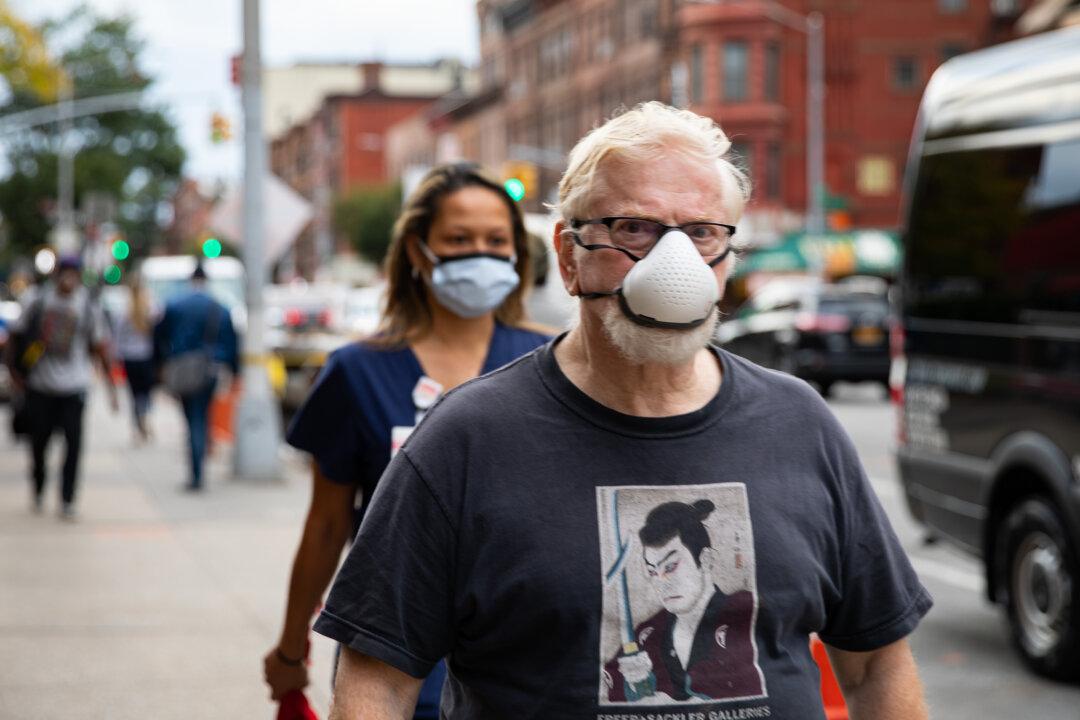An indoor mask mandate has been reimposed at the Sandy Hook unit of the Gateway National Recreation Area in New Jersey’s Monmouth County, amid an uptick in COVID-19 hospitalizations in the area, per a statement on the park’s website.
The decision to reinstate the mask mandate was made after the Centers for Disease Control and Prevention (CDC) reported that COVID-19 hospital admissions were high in Monmouth County.





